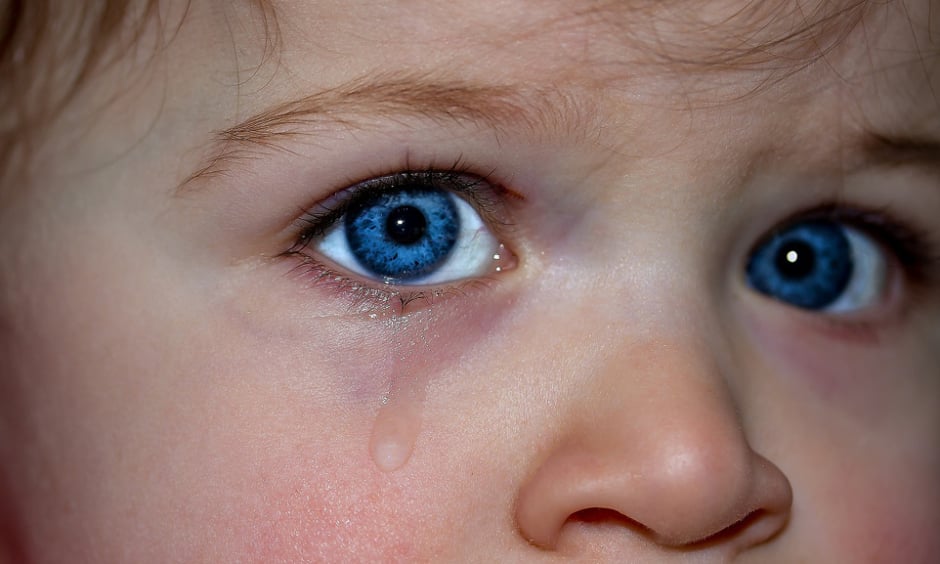OBESITY and depression may be connected neurologically, according to the results of a study from Stanford University, California, USA, which showed that young people with both conditions had low hippocampal and anterior cingulate cortex volumes, which are two of the reward-processing regions of the brain. The findings could aid the development of targeted treatments in the future, as well as help efforts to destigmatize the conditions.
Insulin Resistance Link
Previous research had displayed abnormalities in the brain’s reward centres independently in both obesity and depression, conditions that regularly overlap. To investigate the potential of a neurological link between them, the researchers conducted a series of tests on 42 young people with moderate-to-severe untreated depressive symptoms and a BMI greater than the 85th percentile. This included evaluation of their levels of depression, experience of pleasure, eating behaviours, levels of insulin resistance, which is a precursor to diabetes, and a brain MRI scan. It was found that higher insulin resistance was linked with less pleasure from eating, greater eating disinhibition, and a reduced tendency to experience pleasure compared to those with lower resistance.
Neurological Connections
Lower hippocampal and anterior cingulate cortex volumes correlated with higher levels of insulin resistance or severe depression, or both. Additionally, stronger connections between the two reward centres were associated with greater insulin resistance and depression in the participants. The study also revealed that insulin levels during fasting versus following glucose consumption correlated to the exact location and nature of the individual’s brain abnormalities, with different brain characteristics in those children in whom insulin levels were higher during fasting than after consuming glucose.
New Treatments
The authors hope the research will persuade more children with these conditions, who often feel stigmatised, to seek treatment. Additionally, the enhanced understanding of the neurological mechanisms in people with obesity and depression could provide the basis for testing the efficacy of new treatments. “That’s the exciting promise of the next phase of this work: we’ll be utilising the information we get from the brain to develop targeted, mechanistic treatments that we can then track to see if they have the effect they’re supposed to have on the brain,” commented Dr Manpreet Singh, Stanford University.
James Coker, Reporter
For the source and further information about the study, click here.








